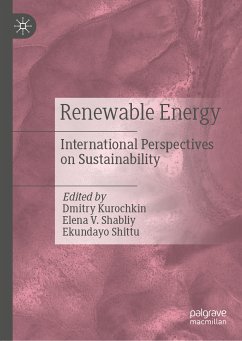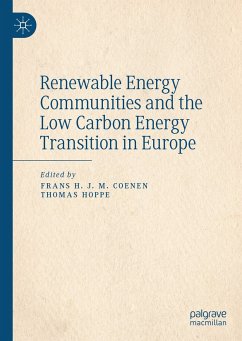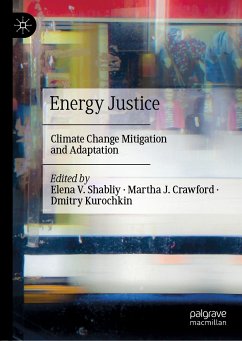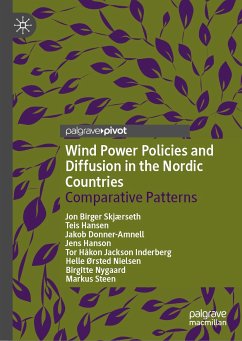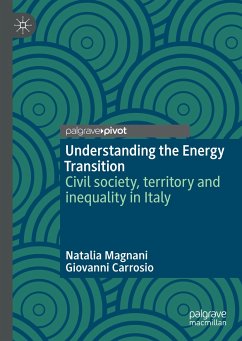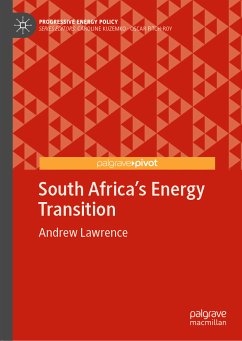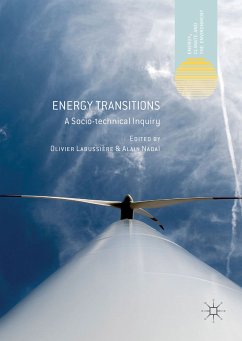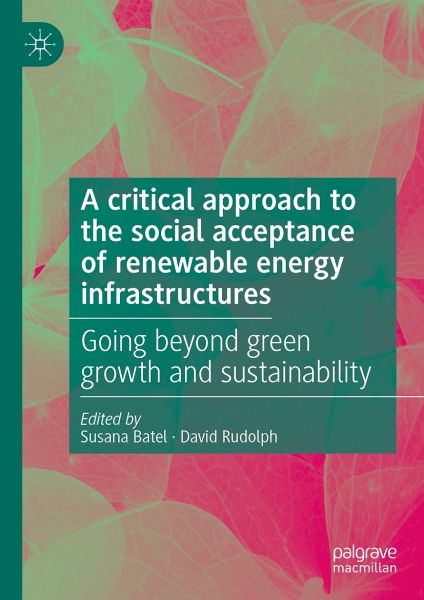
A critical approach to the social acceptance of renewable energy infrastructures (eBook, PDF)
Going beyond green growth and sustainability
Redaktion: Batel, Susana; Rudolph, David
Versandkostenfrei!
Sofort per Download lieferbar
104,95 €
inkl. MwSt.
Weitere Ausgaben:

PAYBACK Punkte
52 °P sammeln!
This book provides a critical approach to research on the social acceptance of renewable energy infrastructures and on energy transitions in general by questioning prevalent principles and proposing specific research pathways and lines of inquiry that look beyond depoliticised, business-as-usual discourses and research agendas on green growth and sustainability. It brings together authors from different socio-geographical and disciplinary backgrounds within the social sciences to reflect upon, discuss and advance what we propose to be five cornerstones of a critical approach: overcoming indivi...
This book provides a critical approach to research on the social acceptance of renewable energy infrastructures and on energy transitions in general by questioning prevalent principles and proposing specific research pathways and lines of inquiry that look beyond depoliticised, business-as-usual discourses and research agendas on green growth and sustainability. It brings together authors from different socio-geographical and disciplinary backgrounds within the social sciences to reflect upon, discuss and advance what we propose to be five cornerstones of a critical approach: overcoming individualism and socio-cognitivism; repoliticisations - recognising and articulating power relations; for interdisciplinarity; interventions - praxis and political engagement with research; and overcoming localism and spatial determinism: As such, this book offers academics, students and practitioners alike a comprehensive perspective of what it means to be critical when inquiring into the socialacceptance of renewable energy and associated infrastructures.
Dieser Download kann aus rechtlichen Gründen nur mit Rechnungsadresse in A, B, BG, CY, CZ, D, DK, EW, E, FIN, F, GR, HR, H, IRL, I, LT, L, LR, M, NL, PL, P, R, S, SLO, SK ausgeliefert werden.



